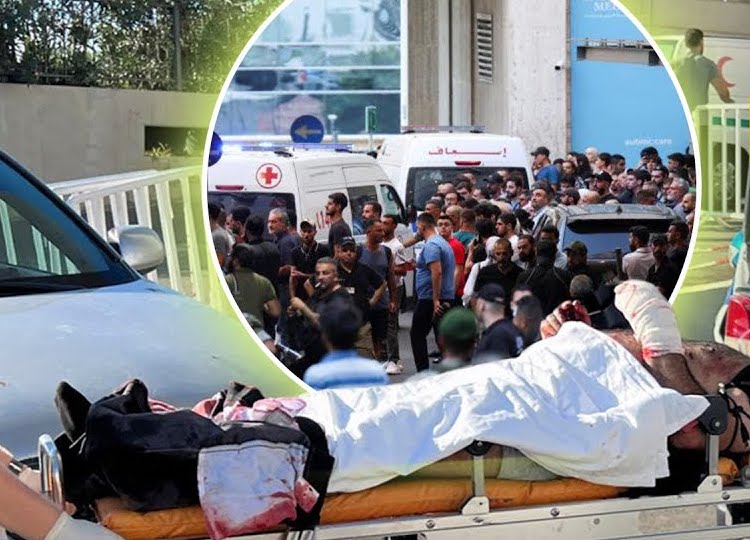Following the previous day’s pager attacks that killed 12 people in Lebanon, a further 20 have been killed after communication devices were detonated in what many believe to be an attack by Israel.
The new wave of explosions involved communication devices such as walkie-talkies, smartphones, and laptops, according to Lebanon’s Ministry of Public Health.
This follows Tuesday’s devastating attack where exploding pagers killed 12 people, including two children and four health workers, and injured 2,750 others.
Multiple reports suggest that Mossad, the Israeli intelligence agency, targeted these devices in an attempt to strike Hezbollah fighters. Israel declined to comment on these allegations.
The attacks have raised fears that Israel is seeking to escalate its war beyond Gaza and into Lebanon.
Israeli Defence Minister Yoav Gallant told Israeli soldiers on Wednesday: “We are at the start of a new phase in the war. It requires courage, determination and perseverance.”
While making no direct reference to the device explosions, Gallant praised the “very impressive” results of Israel’s army and security agencies.
Sources told the BBC that an Israeli military division has been redeployed from Gaza to the northern border with Lebanon, further stoking tensions.
Attacks condemned
Lebanese Foreign Minister Abdallah Bou Habib condemned the attacks as a “blatant assault on Lebanon’s sovereignty and security,” warning that it could “signal a wider war.”
Hezbollah has vowed to retaliate and hold Israel “fully responsible for this criminal aggression.”
In Wednesday’s attacks, explosions were heard at a Beirut funeral for victims of Tuesday’s pager blasts, including three Hezbollah members and a child.
Investigations have traced the Gold Apollo pagers involved in Tuesday’s explosions to a Taiwanese manufacturer licensed by a Budapest-based firm. Both the pagers and the radios that detonated on Wednesday were reportedly imported by Hezbollah about five months ago.
The simultaneous detonation of thousands of pagers overwhelmed hospitals across Lebanon, causing chaos in shops, homes, cars and markets.










